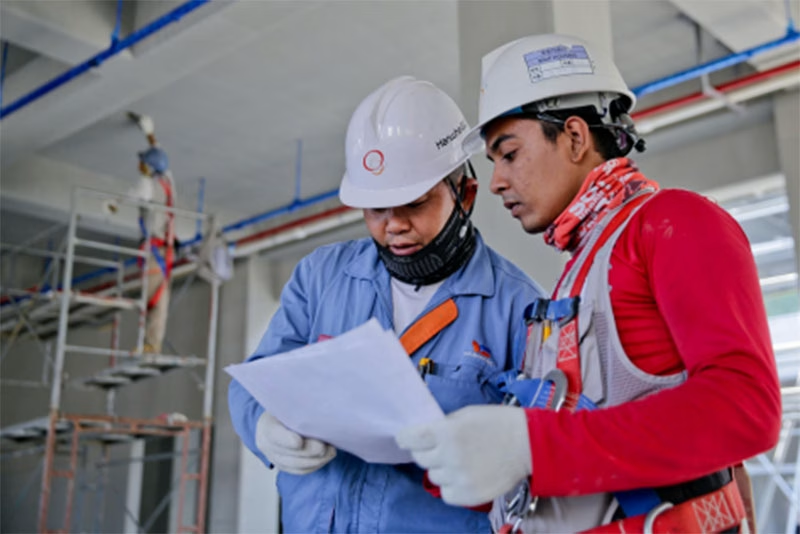Running infrastructure jobs in North Carolina creates unique difficulties. Between tricky landscapes, changing laws, and demanding schedules, situations can collapse rapidly. That’s why picking a regional construction company isn’t just helpful, it’s the right choice. Below, we’ll explore how hometown expertise aids in area-specific issues, faster approval timelines, and producing stronger results for infrastructure developments across the region.
Understanding the Local Landscape and Regulations
In North Carolina, beach communities handle water damage, while mountain areas struggle with washing away soil and dirt that splits building bases. A contractor who isn’t knowledgeable about these problems can create expensive errors before the cement even gets mixed.
Knowing the terrain means knowing what to expect. An experienced construction company in North Carolina understands where stormwater collects, how frost lines affect digging, and which soil needs reinforcement. However, local governments across the state all have their own rules, and regulations. What passes in one area might get flagged in the next. Local crews already know how to handle that without slowing everything down.
That kind of awareness keeps projects on track, budgets under control, and clients out of trouble. When the team knows the land and the rules, local knowledge directly improves project outcomes. It also helps avoid small mistakes that turn into big setbacks. Something as simple as choosing the wrong fill material or underestimating drainage can delay a project for weeks.
Boosting the Local Economy and Workforce
When a project breaks ground, the impact goes far beyond the job site. Materials get ordered, meals get bought, and fuel gets used. Recent developments like the completion of the residences at Durango show how the local economy moves because people on the ground are working.
Keeping these opportunities in the community helps neighborhoods grow in ways that last. The smaller businesses that support these projects often depend on that steady flow of work. From equipment rentals to printing companies, each one plays a quiet but critical role in getting things done.
When work stays local, it builds stability. Crews who live nearby bring consistency to the job, and suppliers who know the area respond faster. These relationships create a network that keeps the whole system moving.
Accountability, Accessibility, and On-the-Ground Expertise
Accountability looks different when the team is just around the corner. There’s no hiding behind long email threads or missed calls. When something needs attention, the people responsible are close enough to stand behind their work in person, contributing to the broader social impact of construction projects. Instead of waiting days for a change order or approval, answers come faster. Local crews can show up, walk the site, and respond with the kind of urgency that remote teams usually struggle to match.
That kind of presence also builds confidence across the board. Clients feel more in control when they can walk the site and speak face to face. Problems don’t escalate, they get solved before they have the chance to grow.
Endnote
Building infrastructure is about people who understand the land, the rules, and the pace of the place. That kind of understanding comes from being part of it, especially as construction technology trends continue to reshape how projects are delivered. When local crews take the lead, decisions get clearer, setbacks get handled faster, and trust builds naturally.

